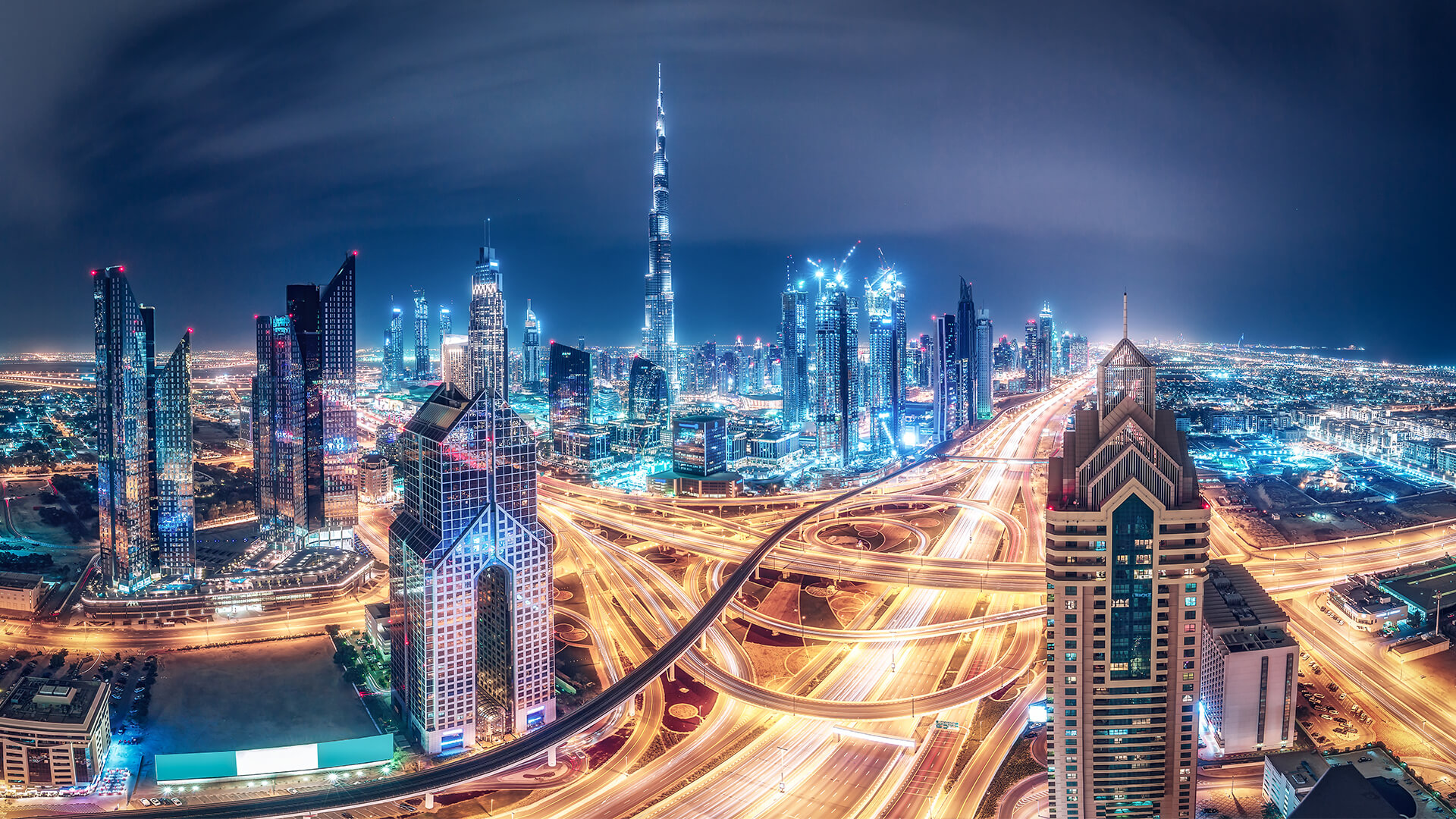The dominance of petroleum-centric capitalism and its huge contribution to the climate emergency have raised questions about how companies in the Middle East and North Africa can shape sustainable development agendas. New research from Trinity Business School has uncovered how CSR practices are affected by unique environments in this misunderstood part of the world, and that firms need to understand these intricacies while strategizing their CSR practices.
The researchers reviewed over 154 CSR studies of the region, focusing on 20 countries, uncovering different institutional patterns in the region and their impact on CSR.
According to Doctor Tanusree Jain, Assistant Professor of Ethical Business:
“The Middle East and North Africa is a complex, fascinating, and diversified region – where countries have different experiences of political systems, financial markets, and ownership and management traditions. They are faced with an environment of political, economic and social flux on one hand, and popularized western standards of best practices on the other.”
Based on the different societies, the researchers discovered that the region can be divided into five distinct clusters; Fragmented with Fragile State, Family Led, Centralised Kinship, Hierarchically Coordinated, and Conflict-affected. These clusters provide a deep understanding of countries’ different colonization histories, state forms, traditions, and norms that can significantly shape how CSR practices are perceived and legitimized by society.
According to the research, Egypt and Sudan comprise the Fragmented with Fragile State cluster, where the role of the state is developmental. The Egyptian government for example intervenes in and controls some industries by enforcing the Islamic notion of community-centred responsibility through philanthropy, but low levels of general trust in this cluster causes scepticism about CSR — especially when practices are decoupled from religion. Yet the workforce hired by multinationals values CSR to gain international legitimacy competitive advantage. This is an interesting conundrum with firms struggling to choose philanthropy entrenched in religion on one hand and western forms of CSR on the other.
The Family Led cluster is comprised of Algeria, Morocco, and Tunisia. Here, state intervention takes both direct and indirect forms. In Morocco, the state primarily promotes CSR policies that improve the competitiveness of local businesses. Although recent political upheavals have weakened law enforcement, in Tunisia the state intervenes directly by acquiring ownership in private firms to shape CSR activities. Wealthy families in this cluster exert substantial influence. The prioritization of their financial interests can have a negative impact as CSR is seen as a cost rather than an investment or obligation. Multinationals therefore largely drive the CSR agenda in line with international benchmarks and reporting frameworks.
Comprised of Oman, Bahrain, Iran, Kuwait, Qatar, Saudi Arabia and the UAE, the Centralised Kinship cluster is dominated by Middle Eastern countries. With the dominance of oil based economy, there is increasing scrutiny from international organizations on firms’ sustainability outcomes. The family is at the centre of all social, economic, and political activity. The state — where powerful family elites hold power — intervenes in business affairs directly through ownership and control of firms and indirectly through legislation. Firms gain legitimacy and societal acceptance in highly religious societies, like Saudi Arabia and Qatar, by complying with Islamic prescriptions on CSR.
The Hierarchically Coordinated cluster is comprised of Lebanon, Jordan, and Turkey. In Lebanon, the developmental role of the state is diluted due to weaknesses in law enforcement, thus creating gaps in firms’ CSR compliance. Within Jordan, research reveals direct state intervention in business through public ownership in companies as well as by laws that demand CSR disclosure. In Turkey, the state has a developmental yet predatory character. While it drives firms to adopt western CSR practices to align and compete in European markets, smaller firms embark on limited philanthropy.
The Conflict-affected cluster includes Syria, Palestine, Iraq, Yemen and Libya. These countries have experienced ongoing political and societal unrest causing massive disruption to companies. The state’s capacity to contribute to the welfare of its citizens is limited. In Palestine, firms’ contribution to social work is perceived as a national obligation. In Libya, religion is the primary driver for CSR. The interconnectedness of wealthy extended families with economic power increase CSR contributions toward the communities in which their businesses are embedded.
Given the global climate emergency, we need to understand how existing motivations for CSR and sustainability are shaped in this region if we want to encourage desirable firm behaviours in this context.
The research paper was published in the Journal of World Business.


